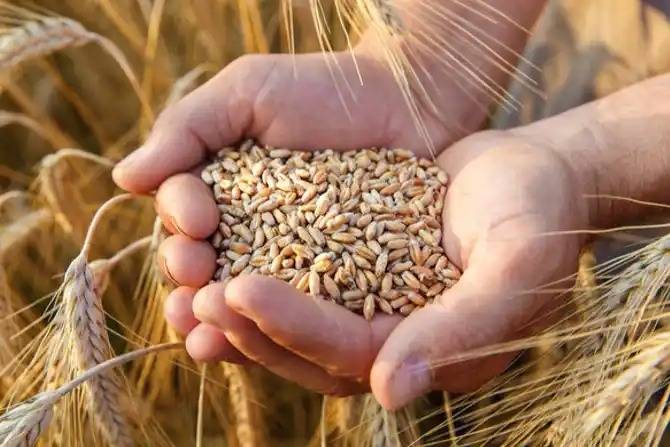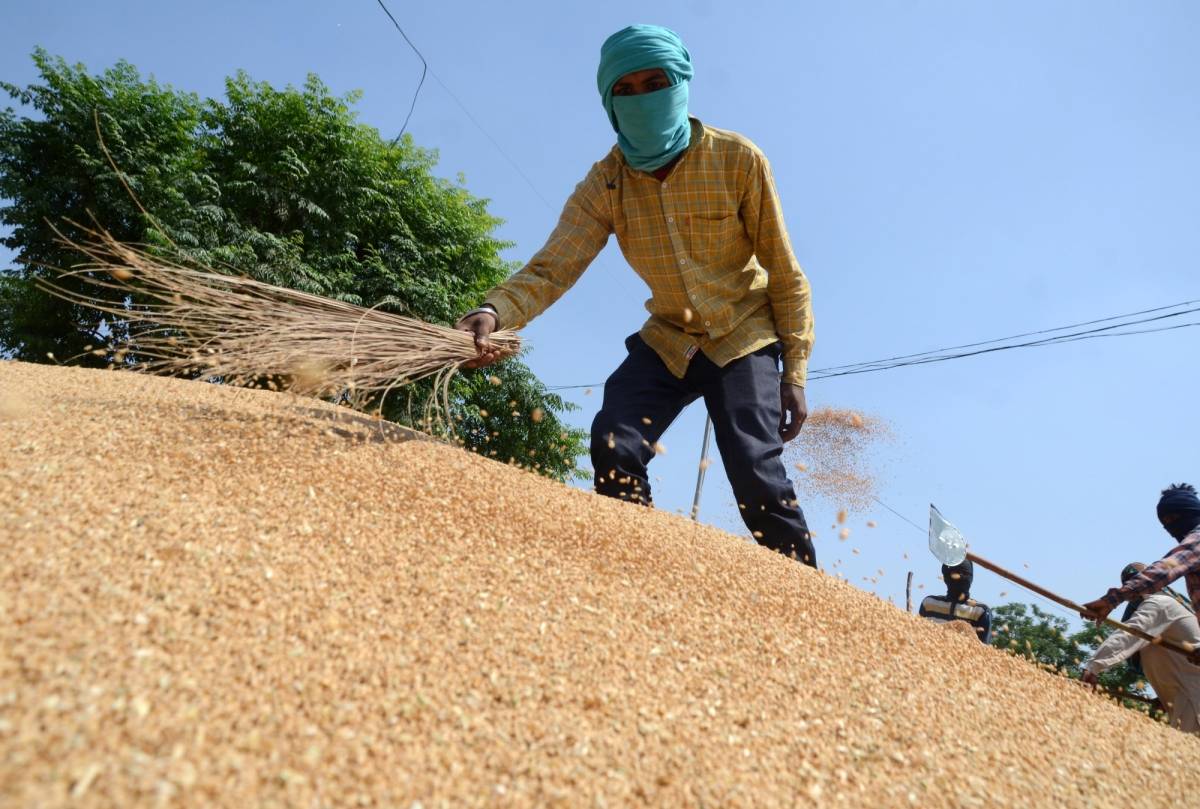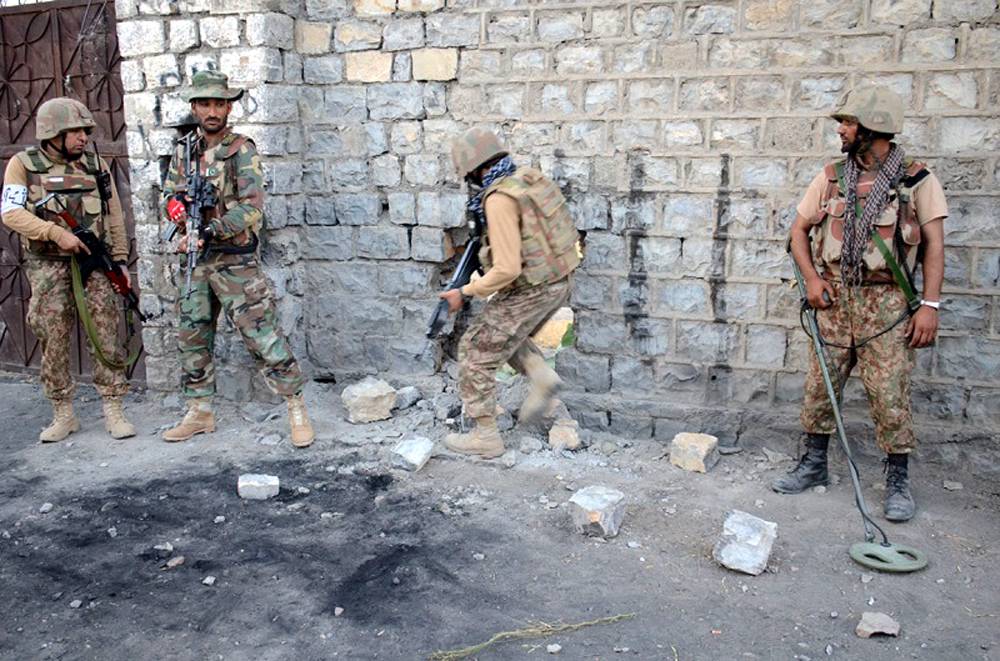All export deals agreed before the directive issued on Friday could still be honoured, but all future shipments needed to have government approval….reports Asian Lite News
Agriculture ministers from the Group of Seven industrialised nations on Saturday condemned India’s decision to ban unapproved wheat exports after the country was hit by a punishing heatwave.
“If everyone starts to impose export restrictions or to close markets, that would worsen the crisis,” German agriculture minister Cem Ozdemir said at a press conference in Stuttgart.
India on Saturday banned wheat exports without prior government approval after recent scorching temperatures hit production, in a blow to countries affected by supply shortages because of the war in Ukraine.
India, the world’s second-largest wheat producer, said that factors including lower wheat production and sharply higher global prices because of the war meant that it was now worried about its own “food security”.
All export deals agreed before the directive issued on Friday could still be honoured, but all future shipments needed to have government approval.
However, exports could also take place if New Delhi approved a request by other governments “to meet their food security needs.”
The decision came as global agricultural markets were under severe stress due to Russia’s invasion of Ukraine.
The traditional bread basket has seen shipments disrupted, with the Ukrainian agriculture minister travelling to Stuttgart for discussions with G7 colleagues on getting its produce out.
Some “20 million tonnes” of wheat were sitting in Ukrainian silos and “urgently” needed to be exported, Ozdemir said.
Before the invasion, Ukraine exported 4.5 million tonnes of agricultural produce per month through its ports — 12 percent of the planet’s wheat, 15 percent of its corn and half of its sunflower oil.
But with the ports of Odessa, Chornomorsk and others cut off from the world by Russian warships, the supply can only travel on congested land routes that are much less efficient.
At this critical juncture, ministers of the G7 industrialised nations urged countries around the world not to take restrictive action that could pile further stress on the produce markets.

They “spoke out against export stops and call as well for markets to be kept open”, said Ozdemir, whose country holds the rotating presidency of the group.
“We call on India to assume its responsibility as a G20 member,” Ozdemir added.
The agriculture ministers would also “recommend” the topic be addressed at the G7 summit in Germany in June, which India’s Prime Minister Narendra Modi has been invited to attend.
Also, the move is a u-turn two days after the government announced its plans for a big export push.
“The Centre will send trade delegations to Morocco, Tunisia, Indonesia, Philippines, Thailand, Vietnam, Turkey, Algeria and Lebanon for exploring possibilities of boosting wheat exports from India. India has set a target of a record 10 million tonnes of wheat in the 2022-23 amid rising global demand for the grain globally,” a government statement said Thursday.

“There is a rise in the demand for Indian wheat in the global market, farmers, traders and exporters have been advised to follow all the quality norms of importing countries so that India emerges as a reliable supplier of wheat globally.
“We are extending our support to all the stakeholders in the wheat exports value chain for boosting shipment from the country,” M Angamuthu, Chairman, Agricultural and Processed Food Products Exports Development Authority, said at a sensitisation meeting on wheat exports in Karnal, Haryana, according to the government release.
The Department of Commerce planned to organise several such meetings in major wheat growing states such as Punjab, Haryana, Madhya Pradesh, Uttar Pradesh and Rajasthan, it added.
Earlier this month, a Reuters report quoted a top official of the Ministry of Consumer Affairs, Food and Public Distribution as saying that India is not looking to curb wheat exports.
“There is no move to curb wheat exports, as the country has sufficient stocks of wheat,” Food Secretary Sudhanshu Pandey had then said.
Prime Minister Narendra Modi, during his recent visit to Germany, told the Indian diaspora at an event that farmers of the country “have stepped forward to feed the world” amid a global shortage of wheat. “Whenever humanity is faced with a crisis, India comes up with a solution,” he said.
Asked about the sudden change in plan, government sources said China is drawing food grains from India after crop loss led to food security concerns there.
After five consecutive years of record harvests, India cut its wheat output forecast to 105 million tonnes from a February estimate of 111.3 tonnes after the heatwave hit crop yields.
In a separate notification, the DGFT announced the easing of export conditions for onion seeds. “The export policy of onion seeds has been put under the restricted category, with immediate fact,” it said. The export of onion seeds had earlier been prohibited.














